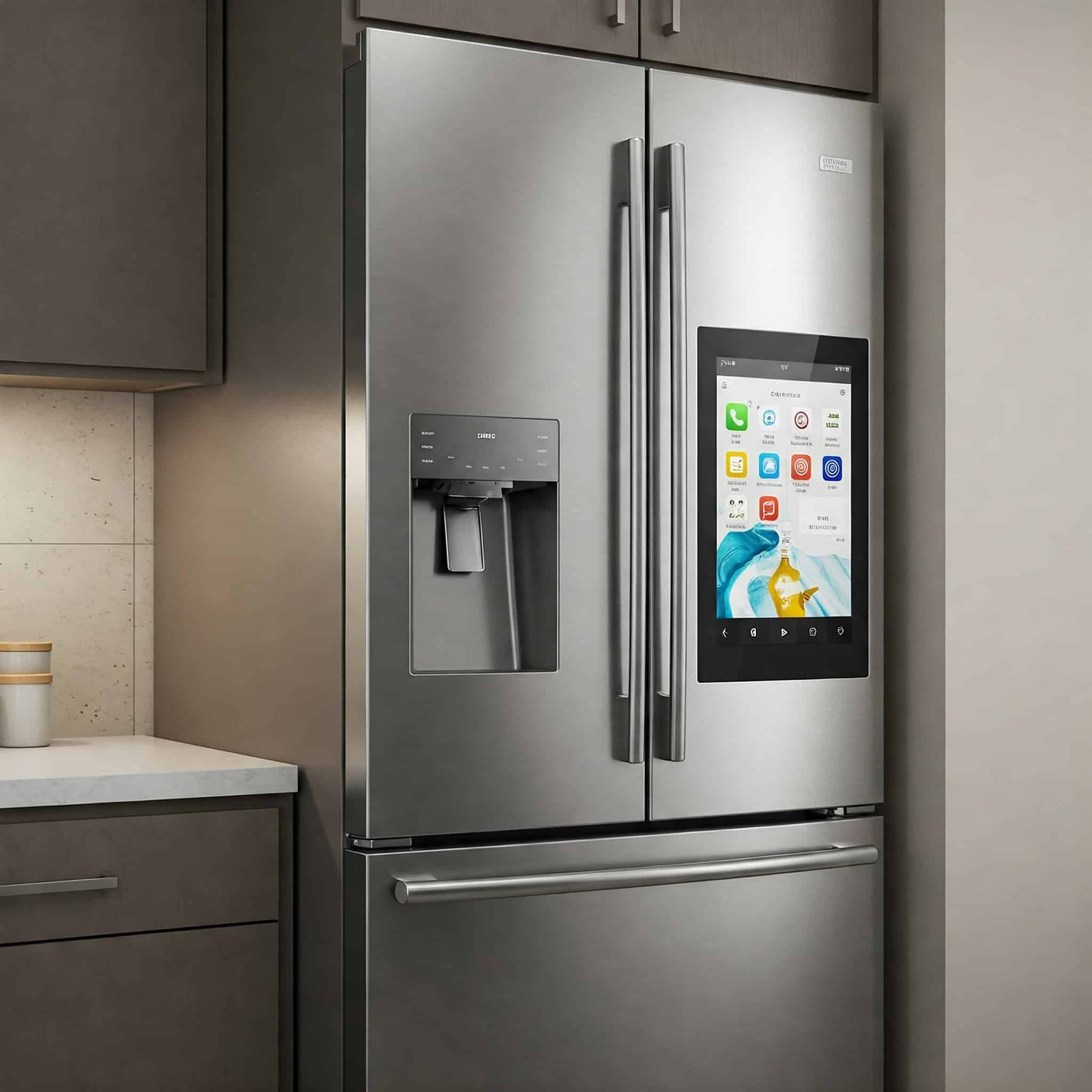
Question: What are the Disadvantages of a Smart Fridge?
Answer: Disadvantages of smart fridges include higher purchase price, potential security vulnerabilities, dependence on Wi-Fi, increased power consumption, and complex troubleshooting compared to conventional fridges.
Smart Refrigerator Drawbacks: A Realistic Look
Smart refrigerators offer exciting features. They promise convenience and kitchen connectivity. However, potential buyers should understand the downsides. This article explores the disadvantages of smart refrigerators.
High Purchase Price
Smart refrigerators cost more than traditional refrigerators. This price difference can be substantial. A basic refrigerator provides food storage without the added expense. Budget-conscious consumers may find smart refrigerators unaffordable. The extra features may not justify the higher cost for many people. The premium price often reflects the integrated technology and touchscreen displays.
Click the link to learn more about Blue Kitchen Refacing
Related Article: What’s the Point of a Smart Fridge?
Related Article: Should I Connect My Fridge To Wi-Fi?
Security and Privacy Risks
Smart refrigerators collect data about usage patterns. This data collection raises privacy concerns. Security breaches pose a risk to personal information. Hackers could exploit vulnerabilities in the software. Connecting appliances to the internet increases the risk of cyberattacks. Protecting personal data becomes a significant consideration with smart appliances.
Complexity and Learning Curve
Smart refrigerators require technical proficiency. Learning to use the features takes time and effort. Older individuals may find the technology challenging. Some users prefer the simplicity of a traditional refrigerator. The numerous settings and options can feel overwhelming. Troubleshooting technical problems can be difficult for non-technical users. A simple refrigerator offers straightforward operation without a learning curve.
Repair Costs and Limited Lifespan
Repairing smart refrigerators is expensive. Specialized technicians are needed for complex repairs. The integrated technology increases repair costs. Traditional refrigerators have simpler, less costly repairs. The lifespan of smart refrigerators may be shorter than traditional models. Technology becomes obsolete quickly, impacting long-term usability.
Increased Energy Consumption
Smart refrigerators use more energy than basic models. The digital displays and features require power. This increased energy consumption adds to utility bills. Energy-conscious consumers should consider the environmental impact. A basic refrigerator consumes less electricity overall.
Smart refrigerators present both advantages and disadvantages. Consumers must weigh these factors before purchasing. Understanding the drawbacks helps make informed decisions. Consider your needs, budget, and technical skills when evaluating smart refrigerator options. A traditional refrigerator may be a better choice for some individuals. [ 1 ]
References
1. https://www.townappliance.com/blogs/town-appliance-official/do-i-really-need-a-smart-refrigerator

Blue Malue Get in touch with Blue here.
